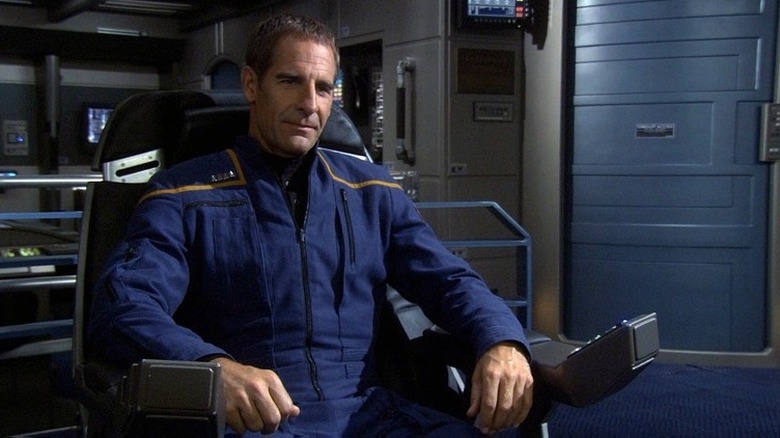Brannon Braga, co‑creator of Star Trek: Enterprise, reflects on the show’s first year and points to burnout and staffing missteps as major factors behind its uneven start.
He recalls feeling boxed in as production moved forward after the pilot, with a heavy workload and the fatigue that comes after years of Trek writing. The season relied on a ten‑member writing team, many of whom were new to the franchise, and only a few remained into later seasons.
Directors and writers corroborated the sense of burnout. James L. Conway, who directed several episodes in the run, said the first season was strong in spots but grew repetitive, a sign that the staff was stretched thin and miscast for the show’s voice.
The central arc, the Temporal Cold War, felt out of step with the show’s new setting and the cast. The season’s biggest buzz was overshadowed by a lack of perceived stakes or urgency, with critics and fans noting fatigue even as the crew embarked on humanity’s first voyage into deep space.
Scott Bakula, who portrayed Captain Archer, has spoken about the heavy 26‑episode per season demand as a factor that compromised quality.
Compared to newer Trek entries like Strange New Worlds, Enterprise’s first year is viewed differently: the latter leans into playful homage and fresh energy instead of chasing a familiar blueprint.
A possible future for Archer
After Enterprise ended in 2005, fans and insiders floated ideas for a new Trek era. A pitch from Bakula and Mike Sussman would center on an early Federation era featuring President Archer, a concept likened to Star Trek meets The West Wing. Paramount has not yet greenlit the project, but the conversation reflects a renewed interest in exploring Trek’s formative years.

Source: Original article



